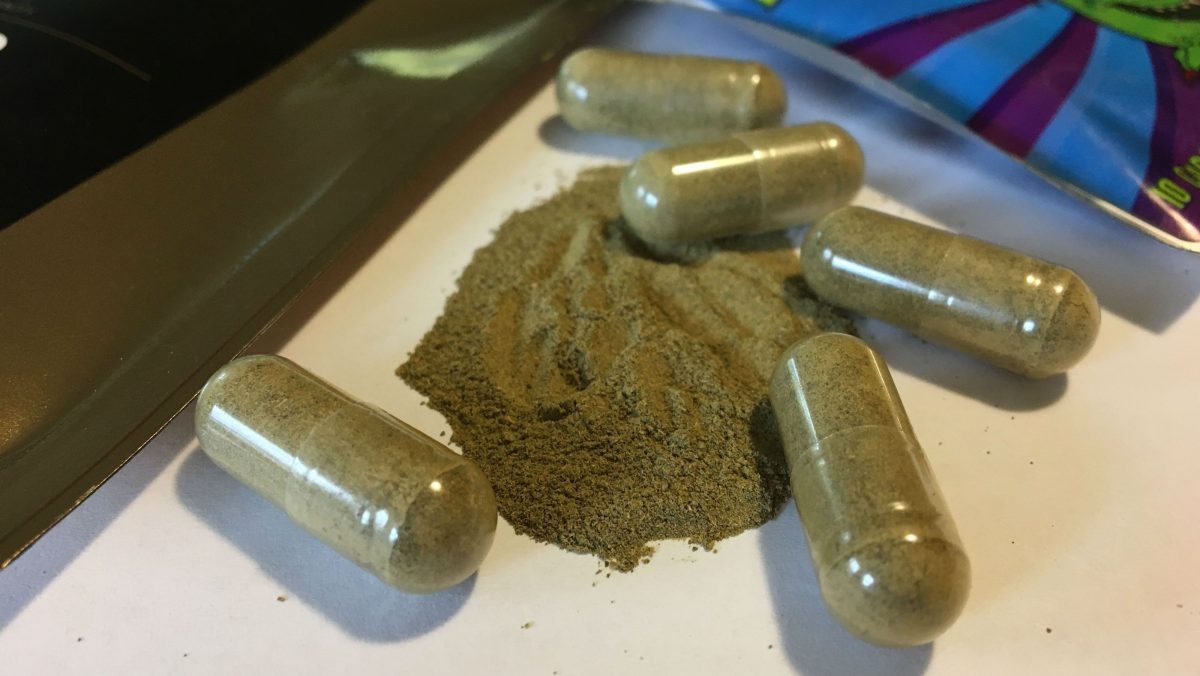The U.S. Food and Drug Administration (FDA) issued a public health advisory that warned consumers not to use the botanical substance kratom, which the agency said “affects the same opioid brain receptors as morphine” and “appears to have properties that expose users to the risks of addiction, abuse and dependence.” In addition to being used to treat pain, anxiety and depression, FDA Commissioner Dr. Scott Gottlieb noted, kratom is “taken recreationally by users for its euphoric effects” — in part because the substance “has similar effects to narcotics like opioids” — and carries “similar risks of abuse, addiction and, in some cases, death.”
Gottlieb also said, it was “very troubling to the FDA that patients believe they can use kratom to treat opioid withdrawal symptoms,” despite the fact that “there is no reliable evidence to support the use of kratom as a treatment for opioid use disorder.” Gottlieb stressed that there are “clear data on the increasing harms associated with kratom,” including a tenfold increase in the number of calls to poison control centers regarding kratom.”
In addition, the FDA has received reports of 44 deaths associated with the use of products containing kratom, and use of the products has been associated with seizures, liver damage, withdrawal symptoms and other serious side effects. Gottlieb stressed, “there are currently no FDA-approved, therapeutic uses of kratom.”
The FDA public health advisory warns consumers not to use any products labeled as containing kratom or its psychoactive compounds, mitragynine and 7-hydroxymitragynine.
This isn’t the first time the FDA has taken action to prevent kratom from distributed and sold to consumers. The FDA issued an Import Alert in 2012 for kratom as an unapproved drug and an Import Alert in 2014 for kratom containing dietary supplements. The FDA has worked with U.S. Marshals Service to seize kratom products from several U.S.-based businesses, including 25,000 pounds of raw kratom, 90,000 bottles of dietary supplements containing kratom, and 100 cases of products containing kratom.
Kratom is listed as a controlled substance in 16 countries. Two of those countries, Thailand and Malaysia, are among kratom’s native countries of origin. The botanical also is sourced from Indonesia and Papua New Guinea. In addition, six states — Alabama, Arkansas, Indiana, Tennessee, Vermont and Wisconsin — have banned the substance; several more have legislation pending.
If you have questions about kratom or dietary supplements containing kratom, please contact us here at Morsel Law.

